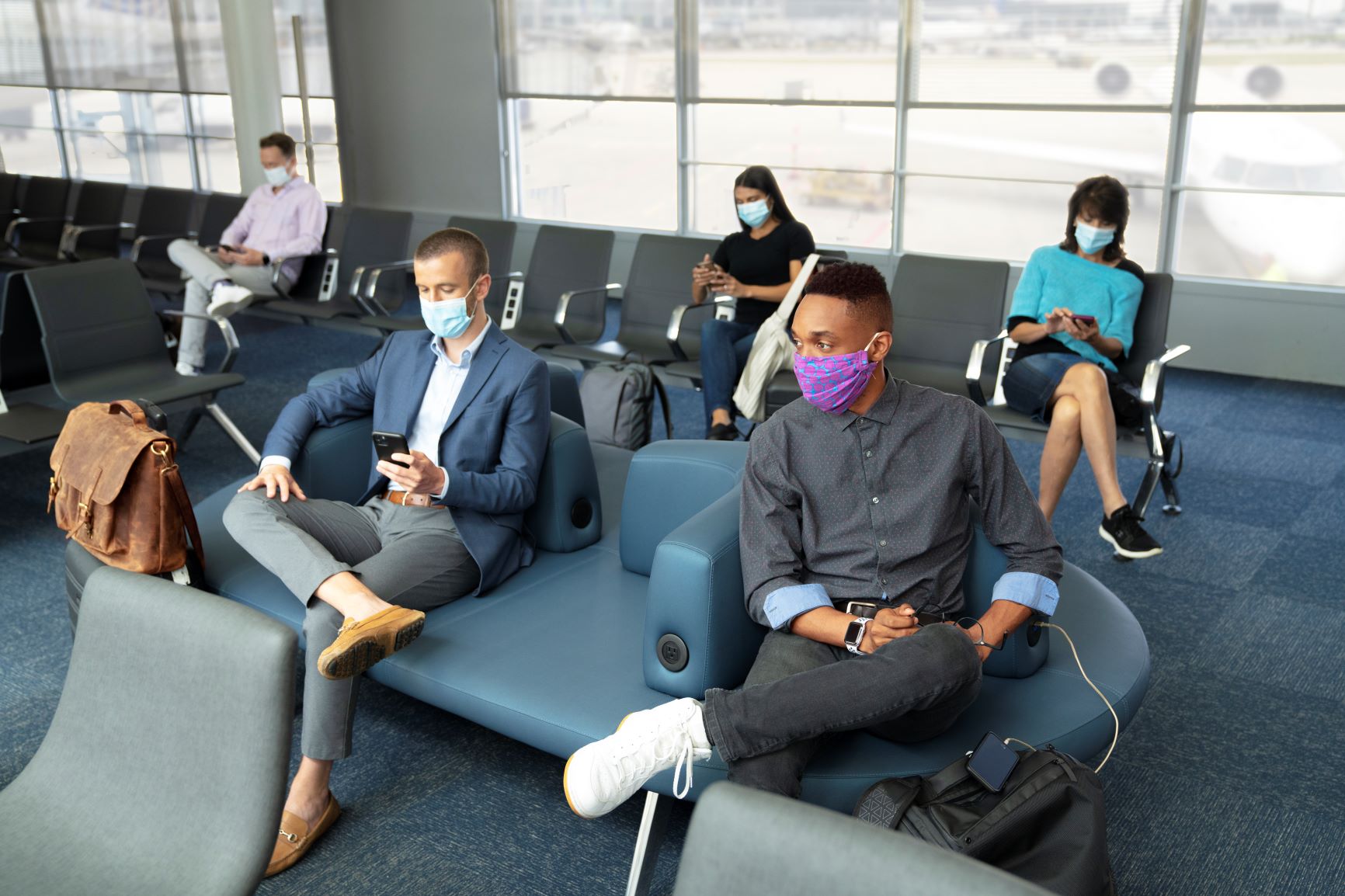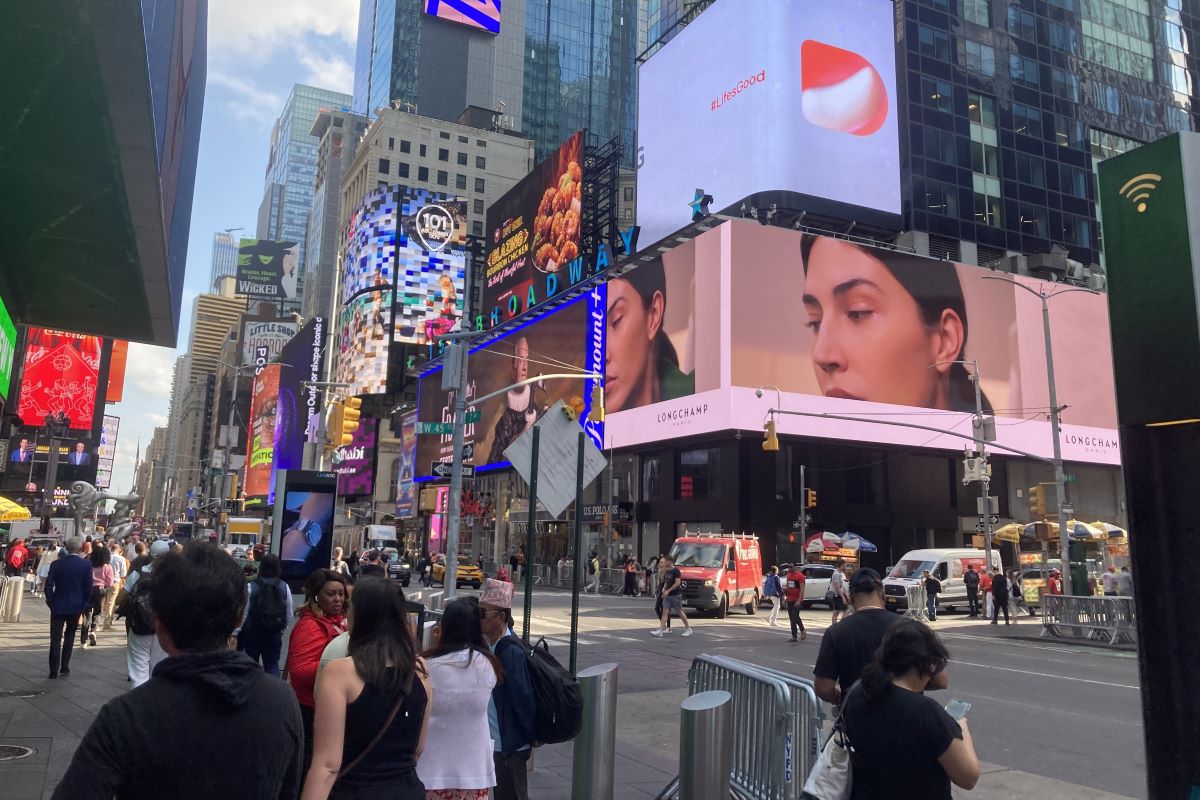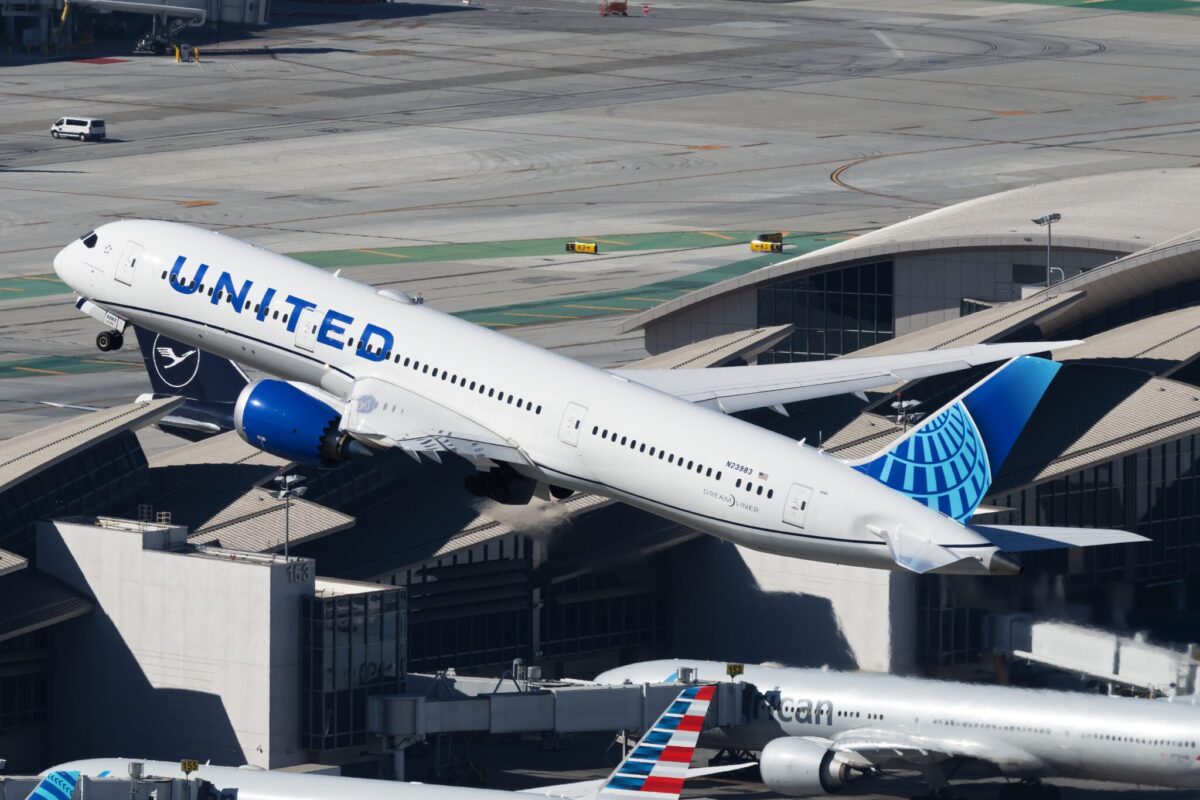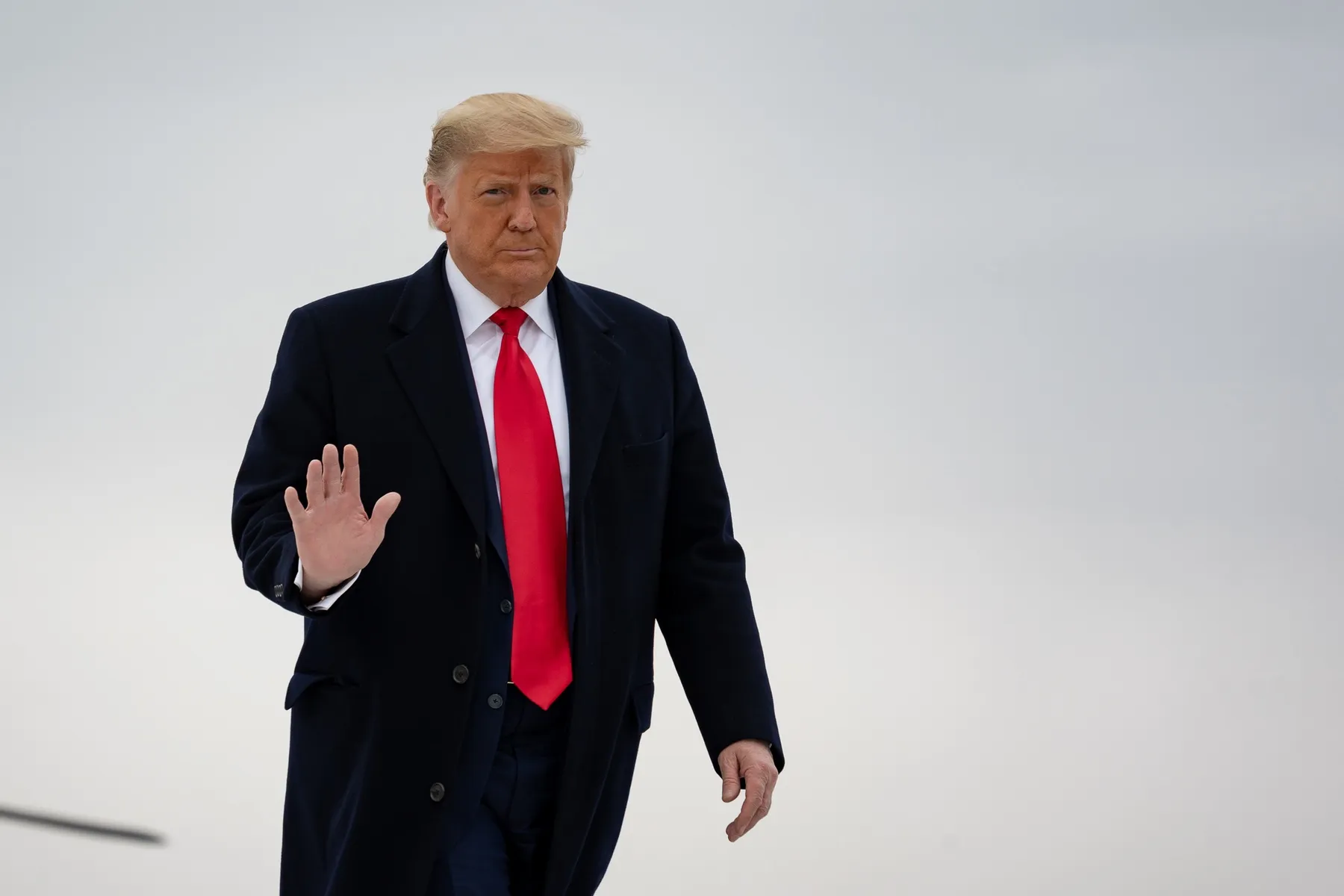Airlines Still Don't Think New CDC Mask Guidelines Go Far Enough

Skift Take
The U.S. Centers for Disease Control and Prevention (CDC) issued a "strong recommendation" for masks and facial coverings on all forms of public transportation but stopped short of mandating their use.
The decision updates prior guidance that merely recommended mask use on board aircraft, trains, buses, and other forms of transportation but still does not have the force of law that many airlines and their unions have clamored for.
"Intrastate transmission of the virus has led to—and continues to lead to—interstate and international spread of the virus," CDC wrote in its new recommendation."Given how interconnected most transportation systems are across the nation and the world, local transmission can grow quickly into interstate and international transmission when infected persons travel on public conveyances without wearing a mask and with others who are not wearing masks."
Join Us For Our Skift Aviation Forum Online Conference November 19
This is a stunning reversal for the CDC. Earlier this month, the The New York Times first reported that political appointees at the CDC had quashed guidelines recommending mask use on public transport, arguing that the decision should be left up to individual states and municipalities. The new guidelines, however, are the agency's most strongly worded on the matter to date and are in stark contrast to the message from the White House, which continues to dispute the efficacy of masks and facial coverings to control Covid-19 transmission. "Broad and routine utilization of masks on our transportation systems will protect Americans and provide confidence that we can once again travel more safely even during this pandemic," CDC said.
"Conveyance operators transporting people should refuse boarding to anyone not wearing a mask and require all people onboard, whether passengers or employees, to wear masks for the duration of travel," CDC said, recommending removing masks only to eat, drink or go through security screening.
But note the conditional, "should." These guidelines are, at the end of the day, recommendations and are not enforceable. As a practical matter, the U.S. airline industry bars passengers who refuse to mask up and punishes non-compliance. Airlines have added hundreds of passengers to no-fly lists for refusing to wear masks or removing their masks in flight.
"[Airlines for America] carriers began requiring face-coverings for all passengers and customer-facing employees in April," a spokesman for the airlines' trade group told Skift. "The overwhelming majority of passengers comply with the requirement and carriers have determined appropriate consequences for passengers found in noncompliance, including placing them on a do-not-fly list for the duration of the pandemic."
That's the most the industry can do. For other infractions, like inebriation, violence, or sexual misconduct, passengers can be offloaded on landing into waiting arms of law enforcement — and in severe cases, flights can be diverted to offload the offending passenger or passengers. But those who defy mask orders on board, however, can't be arrested for refusing to wear masks.
This puts airline frontline employees — pilots, flight attendants, and gate agents -- in the uncomfortable position of enforcing mask compliance."To date, the the response to Covid-19, the biggest crisis aviation has ever faced, has been a hodgepodge of individual, voluntarily-adopted measures by airlines," Sara Nelson, president of the Association of Flight Attendants, said in Congressional testimony earlier this year.
"We are like the police without the law to back us up," a union leader who requested anonymity to speak freely told Skift.
To take the pressure off employees and to give them more legal backing, the airline industry and its unions have pressed the federal government for a nationwide rule or regulation. The Healthy Flights Act, introduced by House Transportation and Infrastructure Committee Chairman Peter DeFazio (D-Ore.) earlier this year would have directed the Federal Aviation Administration (FAA) to require mask use on aircraft, but the bill did not come up for a vote by the full House of Representatives. More recently, the larger coronavirus economic relief bill championed by House Speaker Nancy Pelosi (D-Calif.) last month contained provisions to require masks on board. But this bill has stalled in Congress, as the House, Senate, and White House continue to wrangle about the size of any future coronavirus economic stimulus.
Meanwhile, the Transportation Department, which oversees the FAA, has not moved to issue nationwide mask regulations, despite the airline industry's lobbying.
U.S. airports have asked for more clarity from the federal government as well and have urged Health and Human Services Secretary Alex Azar to issue a mask mandate. The new CDC guidelines are a step in the right direction, the main trade group for U.S. airports said. Unlike airlines, airports are governed by state and local regulations, so even if airlines require masks on board, airports may not, depending on the rules in their jurisdictions. "The current patchwork of requirements across the United States leads to inconsistency in the aviation system," Kevin Burke, president of Airports Council International-North America (ACI-NA), said in a statement."Some airports report that travelers are driving longer distances to fly out of other airports that have a face mask requirement."
Not just airlines
The new CDC guidelines apply equally to all forms of public transit, including long-distance, commuter, and urban railroads. This industry, too, does not have an enforceable mask mandate from its regulatory agencies or Congress. And, being more fragmented than the airline industry, mask requirements can vary from jurisdiction to jurisdiction.
"I was personally disappointed to see the CDC did not come out with a mask mandate," Jim Mathews, president of the Rail Passengers Association, said in an interview. "When it's 'strongly recommended,' you're leaving frontline workers out to dry," he said. "Putting frontline workers in that position is a terrible disservice to people who already have to go above and beyond to get people moving in this crisis."
The broader travel industry welcomes the CDC's new guidelines, but also notes that the onus is on passengers to comply. " There simply cannot be an economic and jobs recovery unless travel is able to broadly resume, and the universal embrace of mask-wearing and other hygiene measures is the thing that is going to enable that to happen," Roger Dow, president of the U.S. Travel Association said in a statement. "That’s why the travel industry has been emphasizing the necessity of masks since the early days of the pandemic, and will keep repeating it as often as we need to until it’s fully automatic behavior among travelers.
Join Us For Our Skift Aviation Forum Online Conference November 19
This post has been updated to include comments from Airports Council International-North America.




